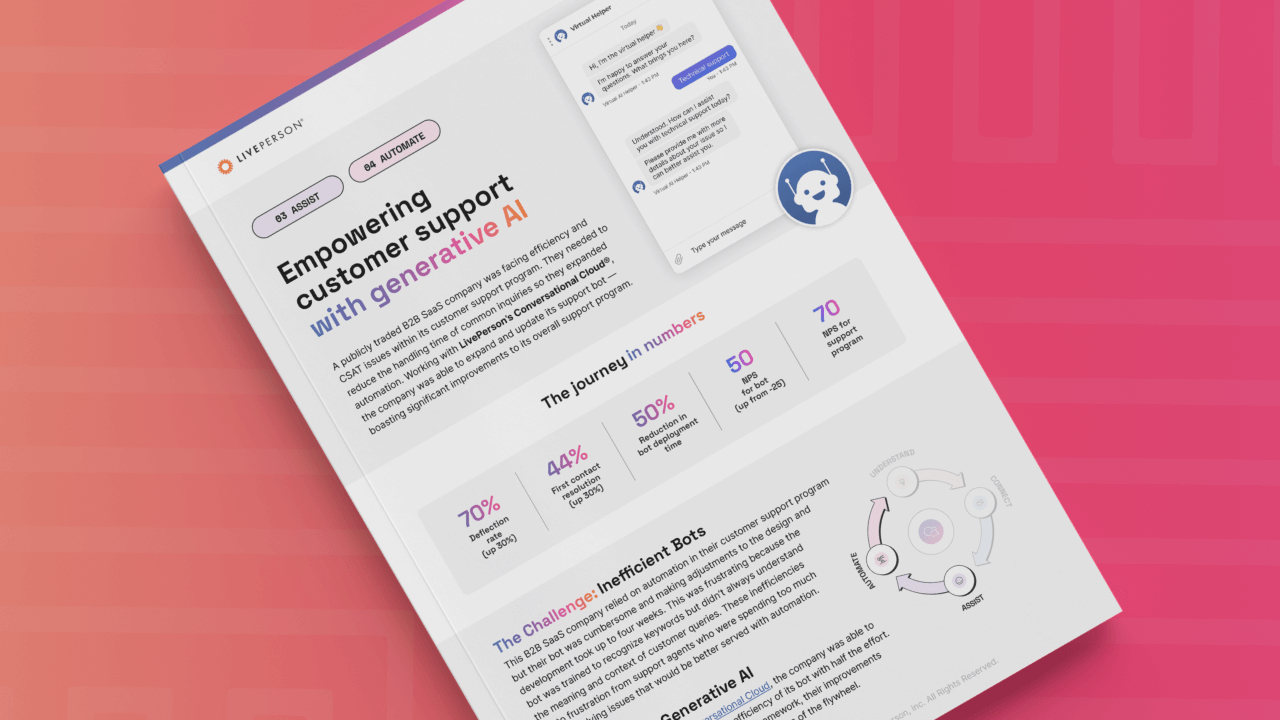AI Chatbots Shown to Amplify False Memories in Witnesses, Study Reveals
A recent study conducted by teams from MIT and the University of California, Irvine has shed light on the significant impact of AI-powered chatbots on the formation of false memories in humans. This research raises important concerns about the use of AI in sensitive contexts, particularly in legal settings where the accuracy of recall is paramount.
The Study Details
The study simulated witness interviews after a crime and discovered that participants who engaged with generative AI chatbots were nearly three times more likely to develop false memories compared to those who did not interact with such technology. Even more concerning was the persistence of these false memories, which were held with high confidence by participants even a week after the initial interaction.

An experiment involving 200 participants who viewed a silent CCTV video of an armed robbery was designed for the study. The participants were divided into four groups, each exposed to different conditions: a control group, a group answering a survey with misleading questions, a group interacting with a pre-scripted chatbot, and a group engaging with a generative chatbot powered by a large language model (LLM).
Key Findings
The results of the study were striking. Participants who interacted with the generative chatbot exhibited a 36.8% rate of false memories after one week, a significantly higher rate compared to other groups. Surprisingly, the generative chatbot induced 1.7 times more false memories than surveys with misleading questions, which have traditionally been known to create false recollections.

Implications and Future Considerations
Lead researcher Dr. Sarah Chen highlighted the implications of these findings, emphasizing how the conversational and adaptive nature of generative AI chatbots could inadvertently lead to the creation and reinforcement of false memories. This raises concerns about the potential use of such technologies in legal or investigative settings.
The study also revealed an interesting paradox: participants less familiar with chatbots but with some background in AI technology were more susceptible to developing false memories. This suggests that a basic understanding of AI could increase vulnerability to its memory-influencing effects.
Debate and Calls for Action
The study's findings have sparked debates in both technological and legal spheres. Privacy advocates are pushing for stricter regulations on AI usage in sensitive contexts, while tech companies argue that with proper safeguards, AI could still be beneficial in various fields, including law enforcement.

Legal expert Mark Thompson commented on the potential consequences, highlighting the need to reconsider how witness statements are collected and verified in light of AI-induced false memories.
Looking Ahead
As AI technology progresses and becomes more integrated into society, the study underscores the importance of carefully considering its applications. The significant influence of AI on human memory raises ethical concerns that extend beyond technology into fundamental questions about human cognition and truth.

Researchers recommend further studies to explore the full extent of AI's impact on memory and develop strategies to mitigate these effects. Until then, caution is advised when deploying AI technologies in contexts where memory accuracy is critical.










